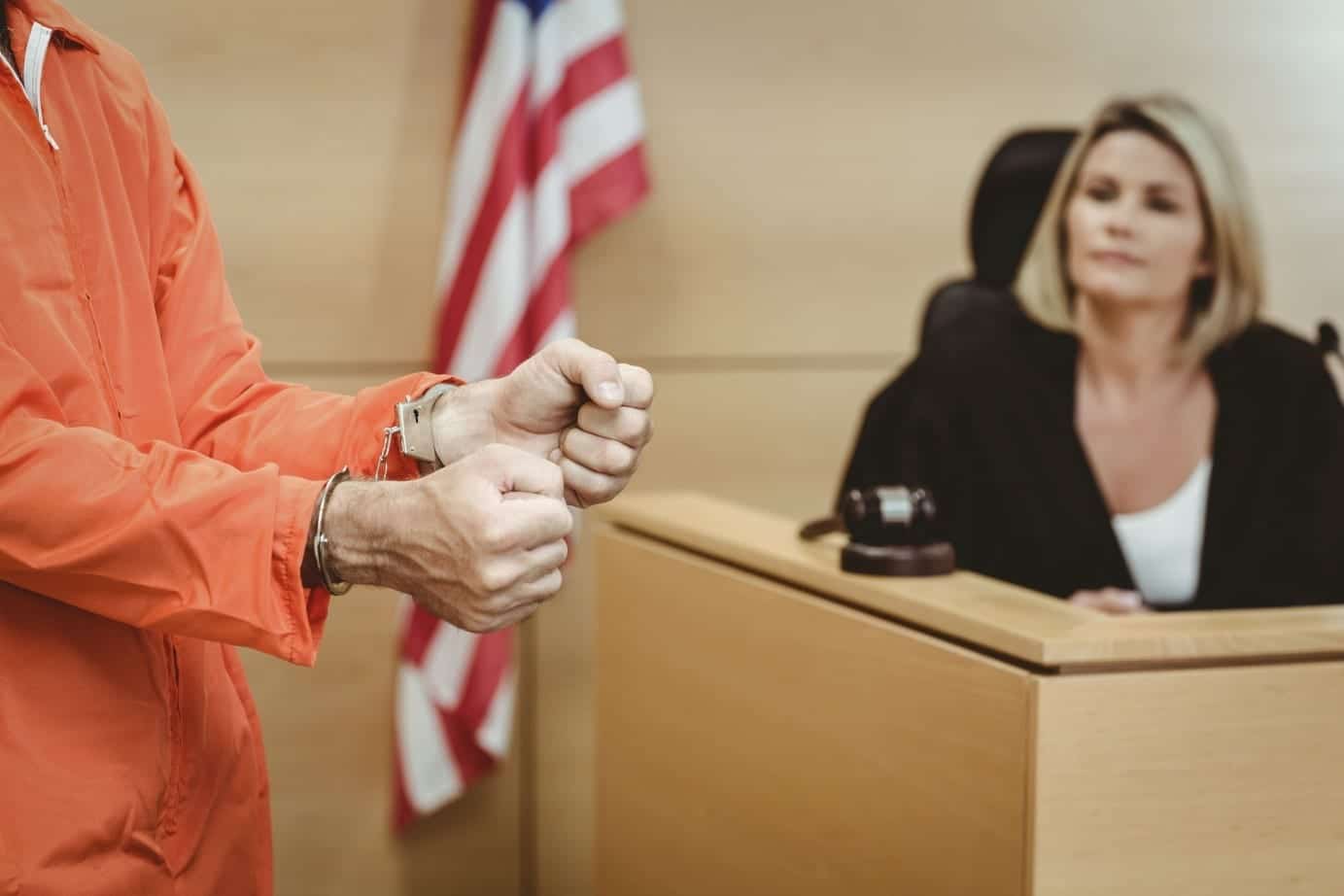If you have been arrested on a criminal charge, there are several different potential outcomes. Your own outcome will largely depend on your situation and the strength of your criminal defense.
The criminal courts process a wide variety of offenses—everything from shoplifting to DUIs to homicide. But for every type of crime, there are a limited number of possible results. In this post, we’ll take a look at the potential results available for all individuals charged with a crime.
Charges Dropped. There are a number of reasons that the prosecution might drop charges against you. This could occur at the request of an alleged victim, or because the victim refuses to participate in the case. In other situations, the evidence against the accused is too weak to pursue a full trial, or is deemed inadmissible.
This is relatively rare, however, so if you have been arrested recently, you should not wait idly in the hopes that your charges will be dropped. Moreover, though you won’t be convicted of the crime if your charges are dropped, a record of your arrest and subsequent charges will remain on your criminal record. To get this record cleared, you will have to undergo the process of expungement.
Guilty Plea. In nearly every criminal case, you should only plead guilty if your attorney advises you to do so. Typically, a lawyer will only advise this if he or she makes a deal with the prosecution to reduce your charges or punishment in exchange for a guilty plea. This is called a plea bargain, something we’ll discuss in further detail in the next section.
A guilty plea must be submitted in court so a record can be made of your plea. If you are in a federal court, you may have to be under oath to submit a guilty plea.
When you plead guilty, you also accept the criminal sentence outlined by the prosecution. This can include fines, jail time, community service, probation, alternative treatment, or work release programs. In some cases, you may want to appeal your case to a higher court.
Plea Bargain. As mentioned above, a plea bargain is a deal between your attorney and the prosecution, wherein your punishment or charge is reduced in order to avoid an extended trial in court.
The outcome of a plea bargain is much the same as a guilty plea. Whatever sentence is arranged by the prosecution, you accept. A judge may review the plea bargain and make adjustments to the proposed penalties based on what he or she believes is fair.
Found Guilty at Trial. If you plead not guilty during your arraignment, you are essentially agreeing to a courtroom trial, during which the prosecution will present their evidence against you. They will try to prove beyond a reasonable doubt that you committed the crime in question.
If you are found guilty, you will be given a separate date for your sentencing. During your sentencing, the judge will determine the appropriate punishment within the parameters set down by the law, based on the circumstances surrounding your case.
Found Not Guilty at Trial. If you are found not guilty, you will be released from custody. Additionally, you will not have to worry about being put on trial for the same crime again. In some cases, you may need to get your charges expunged to remove all the evidence from your criminal record.
Mistrial. A mistrial refers to a criminal trial that, for one reason or another, cannot be completed. Sometimes this is caused by juror misconduct or inability to reach a verdict. Either the prosecution or the defense can file for a mistrial.
In this situation, you will likely be freed from custody. In some cases, the prosecution can file for a retrial, but only if this does not put you in double jeopardy.
If you are facing criminal charges, your best hope for a favorable outcome is to hire an experienced criminal defense attorney.
About the Author
Attorney Mike Schlosser represents victims of personal injury, those charged with a crime, as well as those facing traffic charges. A former Guilford County, North Carolina District Attorney, Schlosser has been in private practice at the Law Firm of Schlosser & Pritchett since 1983 and has been a member of the North Carolina State Bar since 1973.









